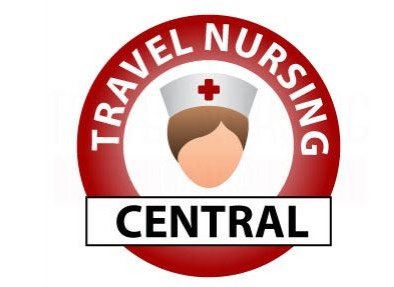The phone interview with the facility isn’t just a time for the facility to get to know you; it is also a time for you to get information on the facility. This is important to know if the assignment and facility are right for you. Below you will find nine things that are important to ask the facility during the phone interview.
Nurse to Patient Ratio
Nurse to patient ratio is always important to ask. You do not want to go into an assignment where the nurse-to-patient ratio is too high. As you know, the nurse-to-patient ratio generally depends on your specialty and the facility/unit itself.
Scrub Colors
As you know, as a travel nurse, every hospital, even the different units in the facilities, often has its own color scrubs. Knowing this during your interview will help you plan for the assignment should you get it/take it. The Gypsy Nurses’ website offers a great resource for finding and entering a facility’s scrub colors. Search for the facility and enter the scrub requirements in the box.
Floating Policy
If you aren’t interested in floating often, it is important to know the floating policy at the facility you are interviewing. This way, there are no surprises once you are working on the assignment.
Charting System
Not all facilities use the same charting systems, as you know. And as you know, the charting systems can and do vary significantly. You may not be familiar with the charting system, meaning one more thing to learn in an already short orientation period.
Length of Orientation
Speaking of orientation, it is important to ask how much orientation the facility provides to travel nurses. Knowing how much orientation you will get before you take the assignment will mean no surprises when you start your assignment.
Do you use Block scheduling?
If you plan to go home on your days off or prefer to work your days in a row, this is important to ask during the interview. You can ask that it be written in the contract regardless. However, knowing if this is something they do or don’t do will help when deciding to take the assignment or not if it is of high importance to you.
Parking
Not all hospitals have on-site parking or charge for parking. Knowing this ahead of taking the assignment will help you make your decision and help to decide what exactly needs to be in your contract. If they charge for parking, you may ask for parking to be included in your Meals and Incidentals stipend on your contract.
Weekend and Holiday Requirements
As a travel nurse, the last thing you want is to get to the assignment and get scheduled to work every weekend or holiday if they fall during your assignment. This is another case where you can try to include it in there if you know before signing the contract.
Chances of Extending
You may want to extend if you enjoy the contract and the area. During the initial interview, this is a great time to find out if there is an opportunity to extend your contract should you want to at the end of your first contract.
We hope this list of questions to ask the facility during the phone interview has been helpful. Whether you are new to travel nursing or a veteran, we hope there was not something for everyone. While this list is not all-inclusive and there are sure to be more questions you may feel are important to ask. If you think we missed important ones, please feel free to comment on them below.






